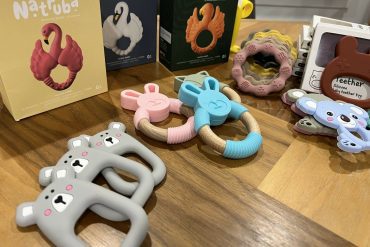Why HSP kids have an especially hard time with confidence
Some people, including HSP, have a strong Behavioural Inhibition System (our pause to check system). This means that kids who are HSP often take more time than others their age to join in or get used to a situation.
They need time to process everything they are experiencing and decide whether they feel safe enough to take part. In a group situation, a party for example, your HSP child might refuse to leave your side for quite a long time.
Our brains are wired to assess risks
We usually see the risks and threats in a situation far more easily that the rewards. Your HS child’s brain is working overtime in this area: assessing the risks and going over every situation.
A party may seem very low risk, but our brains register social threats (being made fun of, making a mistake, not being accepted) as just as scary as physical threats. Will they get laughed at if they don’t know the rules of the party game? Will the other kids let them join in? What will even happen at this party?
Because HSP are also very tuned in to emotions, being rejected or embarrassed is a much bigger deal.
Confidence is not easy, but it is possible
Whether they are joining in at a party or performing on stage, confidence is not an easy thing to master for anyone. For HSP it is even more of a challenge.
The enemies of confidence are discouragement and fear
Carl Pickhardt, Ph.D
The good news is, no matter how shy or nervous they are, it is possible to help our children develop confidence.
Self-confidence (what we think and feel about ourselves) is important for communication, relationships, reaching goals, and for future career success. So when we support our children to grow in confidence, we are helping them develop skills that will benefit them for the rest of their lives.
Remember too, it’s normal and okay for your HSP child to not be confident all the time! It’s important to feel a wide range of feelings and to be scared, anxious, or nervous sometimes.
Originally published HERE
Kelly Eden is a single mum and ex-teacher, and has for the past decade been a parenting writer for national magazines in New Zealand. She specialises in child development, childhood behaviour and psychology, highly sensitive children, and the science that helps us feel more empowered in our very important role as parents. Join her in learning more about this incredible parenting life. Kelly is also on Pinterest.










